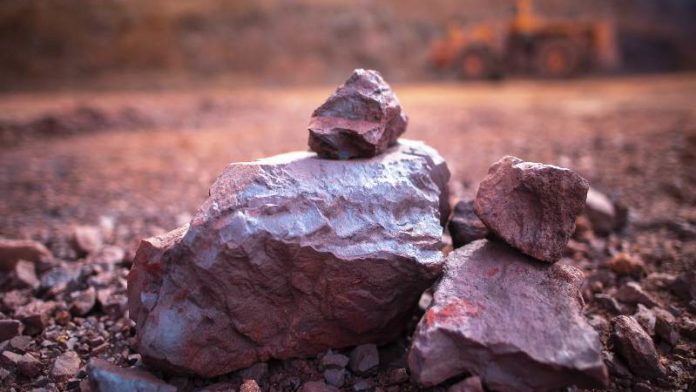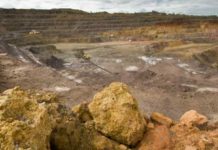
RIO Tinto delivered its poorest first-half earnings in five years as falling iron ore prices and Western Australian cyclones battered the mining giant’s primary revenue stream, according to a report by the Financial Times on Wednesday.
The Anglo-Australian company’s underlying earnings before interest, tax, depreciation and amortisation fell 5% to £9.3bn in the six months to June, whilst underlying earnings dropped 16% to £3.9bn—the weakest performance since 2020.
CFO Peter Cunningham told the Financial Times that a 13% decline in average iron ore prices knocked approximately £1.6bn off group earnings.
Despite the challenging conditions, outgoing CEO Jakob Stausholm described the results as “very resilient” given market headwinds. He said the company’s reduced dependence on iron ore through stronger contributions from copper and aluminium operations.
“We’re getting so much more contribution from aluminium and copper that you can see we’re less dependent on the iron ore price,” said Stausholm.
The results mark his final presentation before Simon Trott, currently head of iron ore, assumes the top role next month. Trott is expected to spearhead a comprehensive group restructuring, said the newspaper.
Stausholm, who took charge five years ago following the Juukan Gorge controversy that led to senior departures, said he was leaving “solid foundations” after investments in growth markets including lithium.
Rio proposed a dividend of £1.20 per share, down from £1.43 the previous year and below analyst forecasts. Despite iron ore remaining the company’s “crown jewel,” Stausholm indicated cost-saving opportunities would be pursued, citing “continuous improvement” as key operational priorities.
The miner is expanding its lithium portfolio with up to £730m committed for a near-50% stake in Chile’s Maricunga project. Stausholm noted “very strong demand” for the battery metal, particularly from energy storage applications and electric vehicle transitions.
US tariffs on metals have created industry volatility, though Stausholm said Rio had successfully navigated impacts on Canadian aluminium production whilst benefiting from copper tariffs given its American operations. The company’s US copper smelter economics were “much improved with tariffs,” he added.











